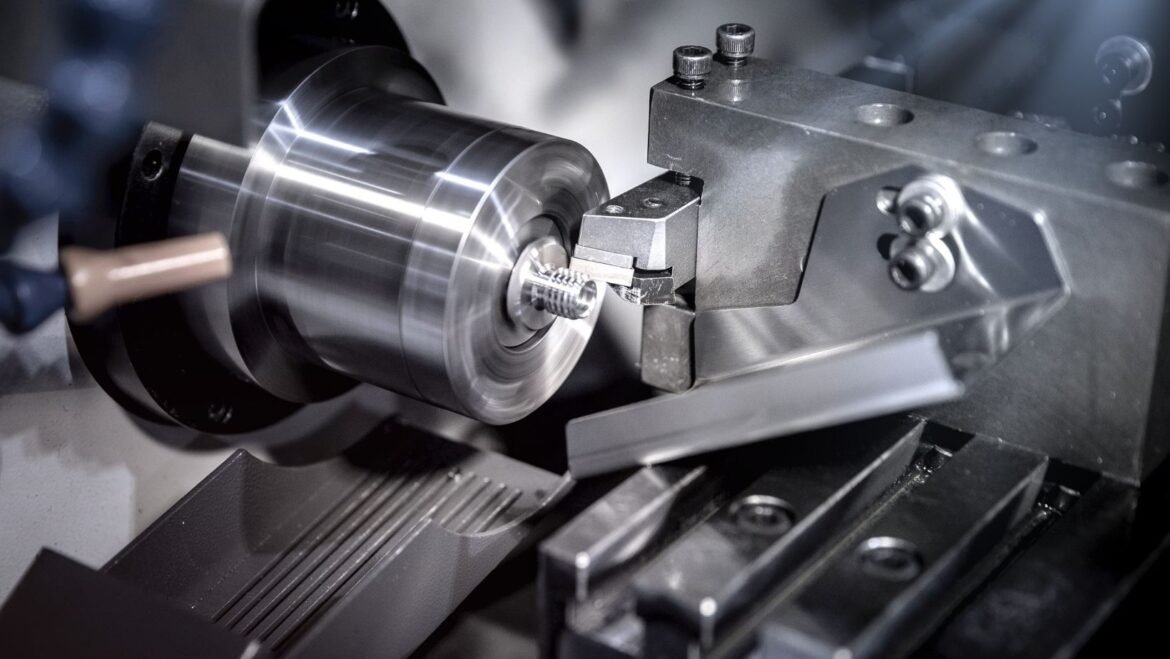Plastics are present almost everywhere, from automobiles to stationery to household stuff. However, not all plastics are the same. The material comes in numerous grades, all having different endurance, machinability and resistances. However, Delrin is the most common kind used.
Delrin is commonly preferred due to its material strength, chemical and abrasion resistance, and flexibility. The material is easily workable compared to other metals like aluminum, copper, and steel. Therefore, numerous CNC machining companies use Delrin to construct different components.
DDPROTOTYPE is a respected company in the CNC machining domain. They have top-quality machines and highly experienced experts to monitor the manufacturing. Undoubtedly, Delrin is versatile and reliable. However, this end-to-end guide will help you understand whether it fits your needs.
Delrin On the Inner Side
Before jumping into the machining complexities of the materials, it is crucial to understand their chemical nature.
Delrin is a semi-crystalline polyformaldehyde thermoplastic that is widely known for its non-abrasiveness. The material gets its name from its origin at the Dupont company. It has good color-retaining properties at extreme temperatures (of 120 to -40 °C). However, the melting point is 175 Celsius.
Like PEEK, Delrin is also available in different shapes like sheets, tubes, bars, etc. Due to its ductility, it serves ideally for making precise prototypes and other valuable products. However, there are two grades available in the consumer market. Glass-filled and AF Delrin.
The AF Delrin is most suitable for sturdy components like washers, bearings, brushing, etc. Because it provides higher dimensional stability, more friction, and wear resistance. In comparison, the glass-filled Delrin is ideal in impact-resisting systems. Some typical applications of glass-filled Delrin include gears, clamps, car security systems, etc.
Why Does Delrin Make an Ideal Material for CNC Machining?
Delrin is widely used in CNC machining because it is highly elastic and offers a higher strength than conventional plastics. Some other characteristics which make it a viable option are:
Low moisture absorption
The first reason why most manufacturers opt for Delrin is its low moisture absorption. According to experts, the chemical construction of the substance prevents it from absorbing moisture even in humid environments.
That is why it is preferably used in a wet and exposed environment. The anti-absorbing nature of the material remains undiminished towards neutral chemicals and solvents.
Wear resistant
Unlike other plastics, Delrin offers more wear resistance. Therefore, it is commonly used for prototyping and manufacturing load-bearing components. There is another property called creep resistance which the substance exhibits. Creep resistance is the property of the material to retain its shape over time.
Machinability
Machinability is the molding ability of the material. Softer compounds exhibit more machinability, while harder ones don’t, requiring more manufacturing efforts.
Lubricity
Delrin is most commonly used to construct gears and bearing, requiring little to no lubrication. Delrin components can function without external greasing as well. However, since the material is robust external lubricating doesn’t affect its performance.
The Bottom Line
Plastic materials are available in different categories. However, each kind has its distinctive characteristics. Delrin combines a little of the goodness of all plastics. It is malleable, has less wear, and is less vulnerable to friction. Moreover, the natural lubrication of the material makes it suitable for gears and other grinding components.
Although the pros of Delrin are tremendous, there are also some downsides. For instance, it is not easily glueable (due to the inherent lubricity). Also, the material deforms at higher temperatures and is highly flammable.
